Main Navigation Menu
© 2025 Tech Jacks Soutions, All Rights Reserved
© 2025 Tech Jacks Soutions, All Rights Reserved
PS5 Pro support problems have exploded into widespread consumer frustration as major September releases launch without enhanced features, leaving $700 console owners questioning their premium hardware investment. Lately, there have been several examples of games releasing with poor PS5 Pro support, or even none at all, leaving those who invested in the pricey console feeling miffed PS5 Pro Users Starting to Feel a Little Shortchanged After Poor or Absent Support | Push Square. The mounting evidence suggests Sony’s mid-generation refresh represents one of gaming’s most poorly executed hardware launches. Costco Xbox removal problems signal the retail industry’s rejection of Microsoft’s pricing strategy as America’s third-largest retailer completely eliminates Xbox consoles, games, and accessories from both physical stores and online platforms. Ahead of the 2025 holiday season, Costco stores have been removing all Xbox consoles, gift cards and products from their shelves across the US.
This comes directly after Microsoft’s recent announcement that it would be raising prices on the Xbox Series consoles in response to “changes in the macroeconomic environment”.
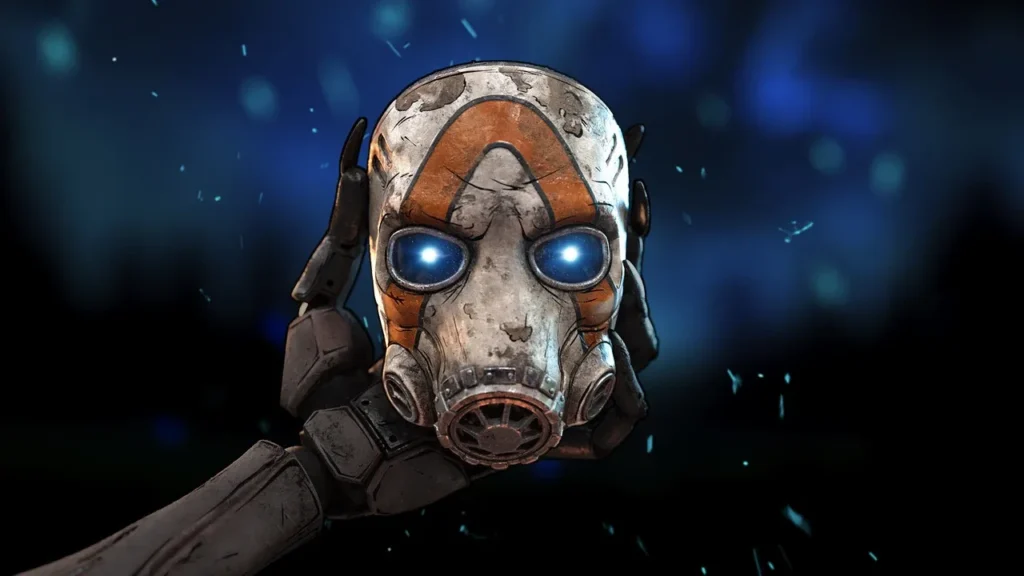
Known issue of perf dropping on PS5 pro after several hours of continuous play. Workaround until we patch: Quit game and restart. Sorry for the friction! CEO Randy Pitchford’s Twitter acknowledgment exposes how PS5 Pro support problems extend beyond missing enhancements to actively degraded performance compared to base console versions.
Weirdly, based on the posts I’ve seen online and on talking to my friends who don’t own PS5 Pros, it seems like it’s worse on Sony’s more powerful console. The performance paradox demonstrates systematic failures where premium hardware delivers inferior experiences, fundamentally undermining PS5 Pro’s value proposition.
When you first start playing the game is a near lock at 60 fps, but after about 30 minutes to an hour the frame rate starts declining – early big fight sits in the high 40’s-low 50’s in performance mode. Digital Foundry’s analysis confirms memory leak issues that force players to restart games hourly to maintain playable performance.
The technical dysfunction represents everything wrong with PS5 Pro support problems: developers launch games that perform worse on premium hardware while providing workarounds instead of solutions. These PS5 Pro support problems expose how Sony’s enhanced console becomes liability rather than advantage for dedicated gamers.
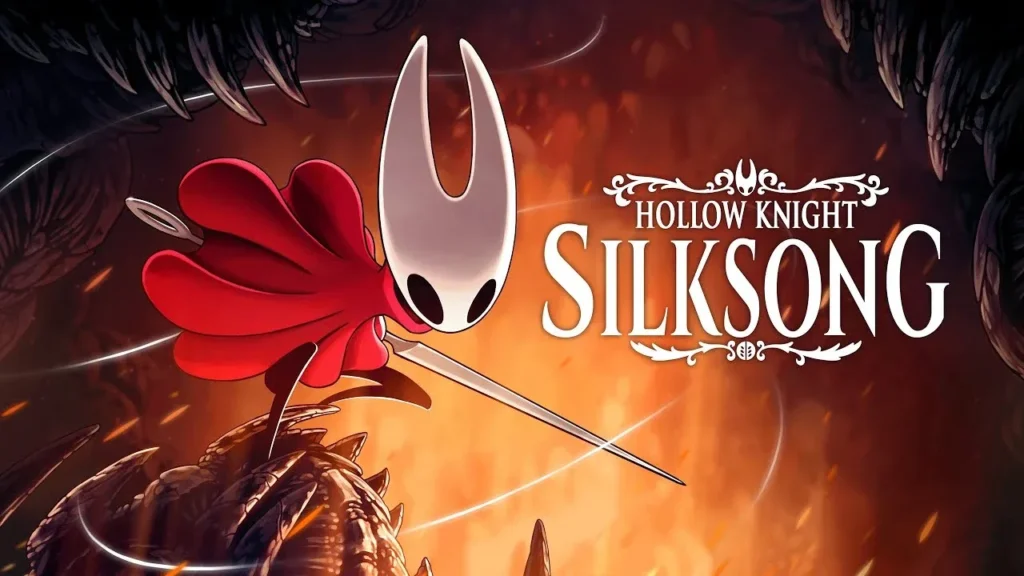
Four of September’s biggest games do not support the PS5 Pro. The collection of games is playable on the premium Sony console, which is required for every game released on the PlayStation Store. However, this means there are no PS5 Pro “enhancements,” so there is no specialized or unique support for the more expensive PlayStation console.
The lack of PS5 Pro enhanced features across September’s top releases shows that industry-wide, developers are indifferent to Sony’s premium hardware. PS5 Pro support issues indicate that developers focus on base console optimization, considering enhanced features as afterthoughts or omissions.
Hollow Knight: Silksong isn’t just one of the biggest releases of September but of all 2025, as shown by its large player base and excellent review score. PS5 Pro owners probably aren’t missing much since the game isn’t PS5 Pro Enhanced, but while beautiful, it is not very technically demanding. Still, it’s a significant miss given the huge anticipation and long wait for the game.
This pattern goes beyond technical limitations and relates to fundamental developer resource choices. When major releases skip PS5 Pro support, it clearly signals that enhanced features are considered a luxury rather than a standard practice.
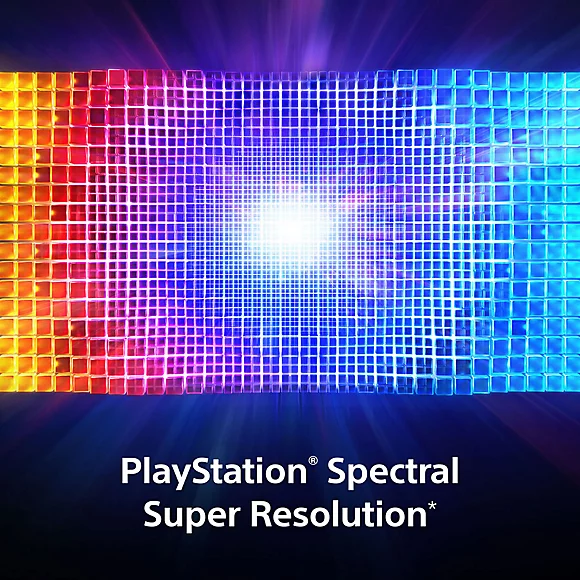
Its dynamic resolution ranges between 756p and 1152p, but it uses the system’s proprietary AI upscaler PSSR to clean up the image. However, because the base resolution is so low, the upscaler struggles to resolve details at a distance—and it can also cause shimmering and artifacts. Metal Gear Solid Delta shows how PS5 Pro support issues extend to Sony’s flagship PSSR technology, which fails basic upscaling requirements.
Due to the likely use of PSSR, Silent Hill f on PS5 Pro produces an “artifact-ridden image” that is noticeably worse than the original PS5 version. In the video, artifacts are clearly visible, especially in detailed areas. This visual degradation contradicts PS5 Pro’s main selling point of improved image quality through AI upscaling.
The issues with PSSR reveal fundamental technology limitations, where Sony’s proprietary solution creates visual artifacts instead of improvements. These PS5 Pro support problems suggest rushed development of key console features that developers find difficult to implement effectively.
Sony’s marketing promoted PSSR as a revolutionary advancement, yet actual results consistently fall short compared to the base console. The gap between promises and performance damages consumer trust in premium hardware investments.
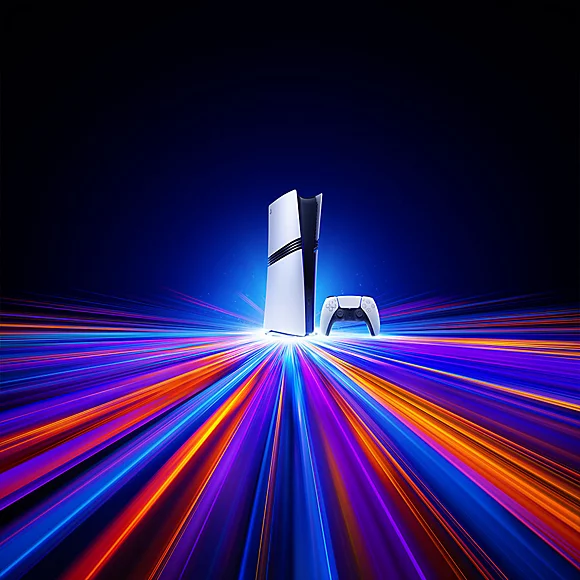
“Punished for having a Pro again,” wrote one player. “I love shelling out 715 bucks to be a beta tester, one of my favorite pastimes,” wrote another. Community responses reveal a sophisticated understanding that PS5 Pro support problems represent systemic corporate failure rather than isolated technical issues.
It doesn’t have enough extra power to brute force it, so it needs optimization. If you are a studio releasing a game, do you optimize it for the nearly 100 million base-level consoles out there (PS or Xbox), or for the approximately 4 million PRO consoles? The market reality analysis explains developer prioritization decisions that systematically disadvantage PS5 Pro users.
A growing chorus of players is expressing frustration over the game’s lack of a dedicated PS5 Pro patch, leaving it performing nearly identically to the standard PS5 version and failing to utilize the console’s additional power. The unified community disappointment indicates widespread recognition of PS5 Pro support issues among gaming audiences.
The consumer sentiment shows how PS5 Pro support problems create buyers’ remorse among early adopters of premium hardware, who expected enhanced gaming experiences matching their price premiums.
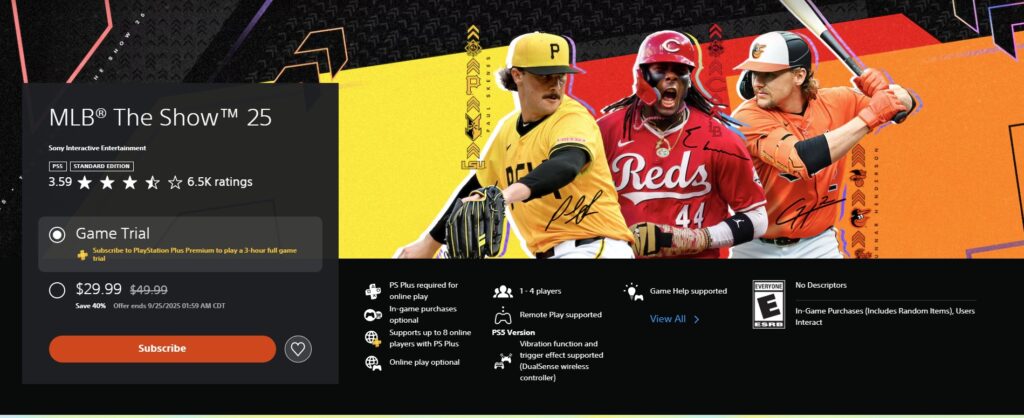
While the game runs smoothly on the PlayStation 5 Pro, it does not include any exclusive enhancements or features beyond the standard performance, according to the FAQ. PS Store has since removed the tag from MLB: The Show 25’s page. Sony’s own first-party studio abandoning PS5 Pro features shows a lack of commitment to premium hardware support.
If you’ve already pre-ordered hoping for a Pro version, you’re out of luck, as it’s already pre-loaded and cannot be refunded once downloaded. The pre-order bait-and-switch highlights how support issues for the PS5 Pro lead to deceptive marketing practices that prey on consumer expectations.
How can others be expected to invest effort in the Pro when Sony itself doesn’t? It feels like idiots are running this company now. Community analysis accurately points out that Sony’s neglect of first-party support enables third-party developers to ignore PS5 Pro-enhanced features.
When platform holders abandon their own premium hardware through lack of first-party software, it sets a precedent that encourages widespread developer neglect, ultimately undermining the value propositions of consoles.
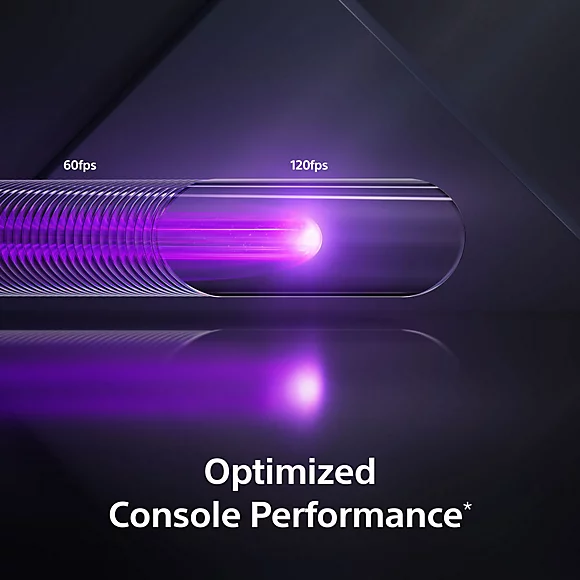
While we don’t expect every new game to support PS5 Pro immediately, it is concerning to see popular franchises launch without enhancements. The expectation of missing PS5 Pro support has become normalized, showing that support issues are now an accepted industry practice rather than rare failures.
It’s silly that developers aren’t implementing PSSR, especially with some engines that are problematic. The technical analysis points to engine compatibility issues that developers use to justify avoiding PS5 Pro optimization instead of addressing fundamental technical challenges.
Resource allocation decisions reflect a business calculation where PS5 Pro’s small install base doesn’t justify dedicated development effort. These support issues for PS5 Pro represent a systematic market failure, where premium hardware fails to motivate enough developer investment.
It appears the biggest new game in September 2025 has been released without exclusive PS5 Pro support or enhancements. We were worried about Borderlands 4 when we saw that its PS Store page lacked the “Pro Enhanced” tag — something Sony always highlights. The PlayStation Store labeling system creates false advertising situations where enhanced features are added after launch, making them an afterthought.
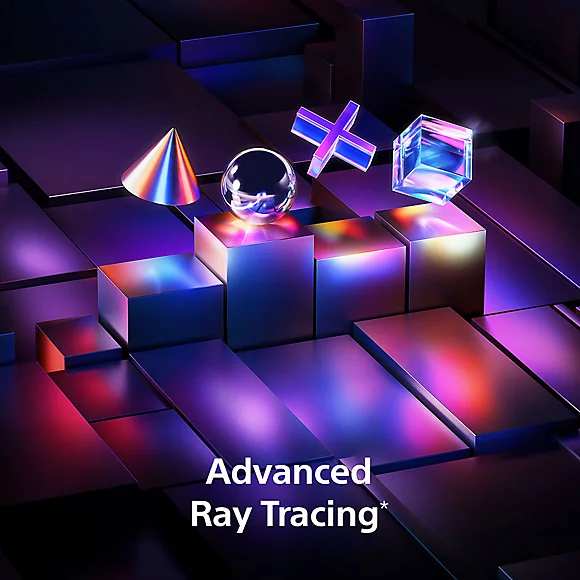
Other games like BL4 did have Pro support mainly because the power of the Pro increased the base resolution in performance mode beyond what the PS5 could achieve. So, even though it says no pro enhancement, it is technically enhanced due to the higher resolution. The difference between automatic hardware benefits and dedicated optimization shows how developers avoid doing full PS5 Pro enhancements.
The pattern reflects a systematic industry approach where support for PS5 Pro often comes from treating new features as optional luxuries rather than standard parts of development. Hardware improvements are viewed as incidental benefits instead of targeted optimizations. Looking ahead, there are not many known PS5 Pro Enhanced games. This is because many games do not support the machine to this level, and even those that do have not made it a priority to explain what these enhancements are.
The poor communication adds to technical neglect, leaving consumers uninformed about actual enhancement features. The overall industry pattern suggests a coordinated effort where developers collectively minimize investment in PS5 Pro enhancements while maintaining plausible technical justifications for the absence of such features.
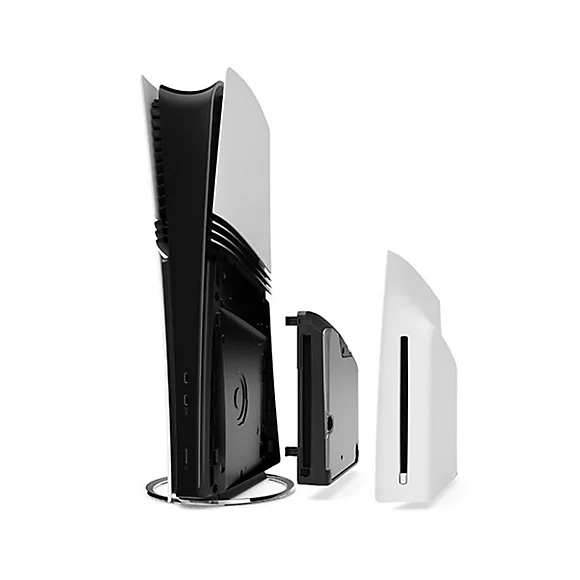
Secondly, it isn’t selling as well as the PS4 Pro did, so the incentive for developers to support it is likely weaker. The sales comparison explains why developers are hesitant to invest resources in PS5 Pro support when the install base can’t justify the development costs.
The PS5 Pro was always going to be a niche console, so its high price tag isn’t hurting the general consumer. Additionally, a few games have found success on it. However, Borderlands 4 running poorly on the PS5, along with Oblivion Remastered before it and several others earlier, just shows that Sony hasn’t quite found its purpose for it yet. The market analysis reveals a cycle where poor developer support reduces consumer demand, which further discourages developers from offering enhanced features.
PS5 Pro support issues create reinforcing cycles that accelerate the platform’s decline in relevance. The hardware’s positioning as a luxury item conflicts with mass-market development priorities, which focus resources on the largest user bases rather than premium hardware segments.
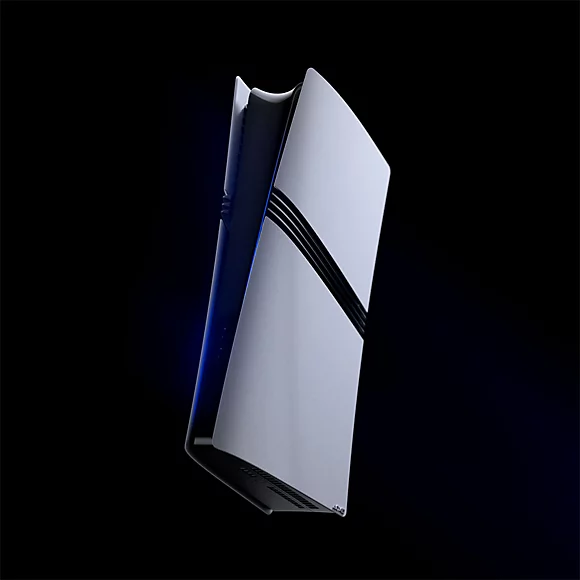
PS5 Pro support issues mark Sony’s most severe hardware failure, turning its premium console into a form of consumer exploitation that charges $700 for upgraded base PlayStation 5 performance. The widespread abandonment by developers of enhanced features highlights a key market misjudgment, where hardware pricing surpasses the value provided.
The disaster with Borderlands 4 performance illustrates all that is wrong with PS5 Pro support: premium hardware that underperforms compared to base consoles, while developers offer workarounds instead of genuine optimization. Memory leak problems forcing hourly restarts show how the upgraded console becomes a liability rather than an advantage.
The support gap across major releases in September confirms industry’s overall indifference to PS5 Pro’s enhanced features. When titles like Hollow Knight: Silksong and Dying Light: The Beast skip Pro optimization, it sends a clear message: developing for enhanced features is a luxury, not standard practice. Failures in PSSR technology reveal Sony’s rushed implementation of core console features, creating visual artifacts instead of improvements. The proprietary AI upscaling often produces worse results than base rendering, undermining hardware’s core benefits.
The community backlash indicates consumers understand that support problems with PS5 Pro reflect systemic corporate failure, not just technical issues. Buyers of premium hardware see themselves as beta testers for underdeveloped technology, not as recipients of better gaming experiences. Sony’s controversy with MLB The Show further demonstrates a corporate disregard for supporting its premium hardware. When first-party software neglects these features, it sets a precedent that third-party developers follow.
Resource allocation by developers shows a business mindset where the small install base of PS5 Pro doesn’t justify dedicated optimization efforts. Features that could be enhancements often become afterthoughts because market calculations don’t support investing in premium hardware. Industry patterns show a coordinated effort among developers to reduce investment in PS5 Pro while still claiming technical reasons for not including certain features. As a result, hardware upgrades become incidental benefits rather than the main focus of targeted optimization, which would justify the higher price.
Poor hardware sales repeat a cycle where weak support leads to reduced consumer demand, which then discourages further development of enhanced features, creating a feedback loop that speeds up the platform’s decline among gamers. Smart consumers should see support problems as warnings that premium hardware might lack the necessary software ecosystem support. The console becomes more of an expensive disappointment than a true gaming upgrade, especially when upgraded features are absent or broken.
Sony’s PS5 Pro rollout shows that hardware power without developer ecosystem support only results in consumer exploitation masked as technological progress. The platform appears to be mainly a revenue tool for Sony, not a genuine improvement for gamers who invested in its high-performance promises. Gaming deserves premium hardware that offers corresponding software experiences, not just marketing hype. PS5 Pro support problems serve as a warning about early adoption of upgraded consoles without a committed developer ecosystem.ommitment.
